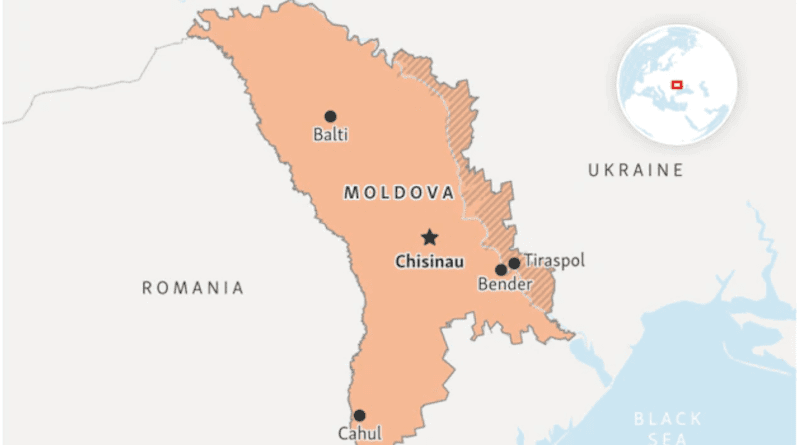Moscow Using Russian Regions To Promote Separatism On Moldova – OpEd
By Paul Goble
Moscow has a long history of using border regions to expand Russian influence in neighboring countries, but in the case of Moldova, a country with which the Russian Federation does not share a border, it is expanding this policy and using Russian regions to promote separatism in Transnistria and Gagauzia.
Bryansk, Irkutsk and Kaliningrad oblasts have been working with the breakaway region of Transnistria for almost a decade; and now Krasnodar Kray and Pskov and Penza oblasts have committed themselves to doing the same with restive Christian Turkic Gagauzia (vedomosti.ru/politics/articles/2024/03/11/1024497-rossiiskie-regioni-nachinayut-sotrudnichestvo-s-gagauziei).
Russian analysts are skeptical that this policy will be effective given the lack of a common border, but Moscow likely favors it because using Russian regions in this way allows the Kremlin to work under the radar screen of many governments and to encourage the targeted regions in other countries to view Russian federalism as real.
To the extent that is the case, Moscow is likely to expand this policy innovation toward regions in Moldova to places in other former Soviet republics regardless of whether or not there is a common border between the Russian Federation and the countries of which they are now a part.

